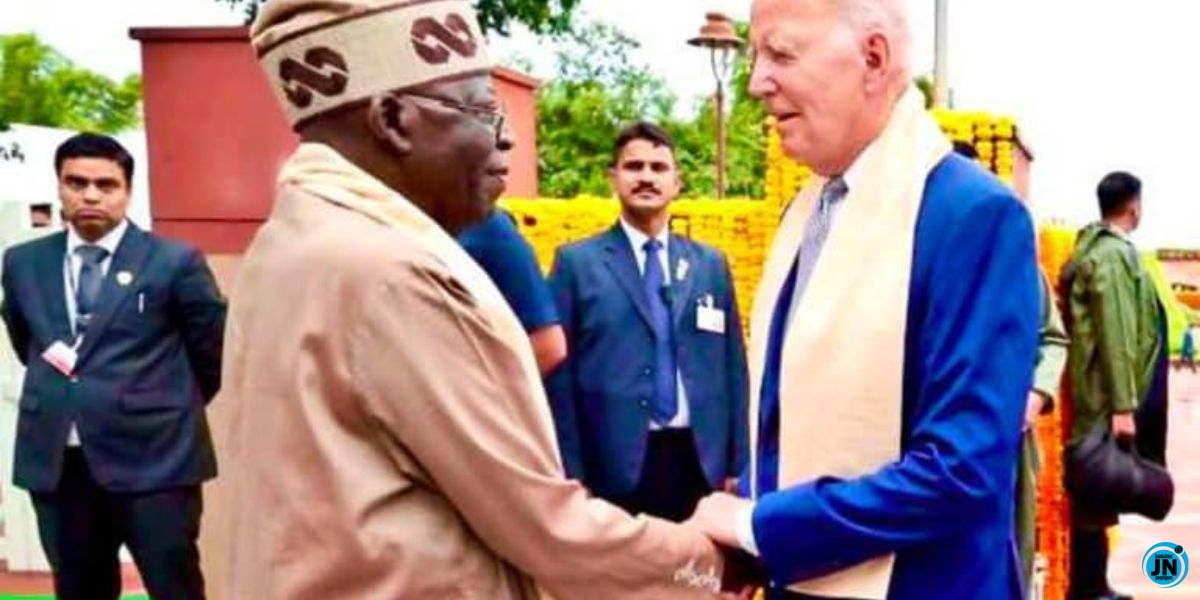
A recent report by the U.S.-based bi-monthly magazine, Wired, has alleged that President Bola Ahmed Tinubu played a significant role in facilitating the release of detained Binance executive, Tigran Gambaryan, as part of a broader negotiation strategy aimed at securing a diplomatic meeting with former U.S. President Joe Biden.
According to the Wired report, titled “The Untold Story of a Crypto Crimefighter’s Descent Into Nigerian Prison,” Gambaryan, a former U.S. federal agent, had a notable career in modern cryptocurrency investigations before transitioning to a role at Binance. The report details how his detention in Nigeria became a critical point of contention between the two nations, ultimately influencing diplomatic engagements at the highest level.
The publication further alleges that as part of the negotiations for Gambaryan’s release, Nigerian officials sought a formal public statement from President Biden, acknowledging and thanking President Tinubu for his cooperation in resolving the matter. This was reportedly one of the conditions set by the Nigerian government before proceeding with the executive’s release.
“The statement of thanks, I later learned, was part of the deal the U.S. government struck with Nigeria, which also included aiding in its investigation of Binance—which is still ongoing,” Wired quoted Gambaryan as saying.
Additionally, the report reveals that a direct intervention was made by former White House National Security Adviser Jake Sullivan, who personally reached out to Nigeria’s National Security Adviser, Nuhu Ribadu, in an effort to push for Gambaryan’s release. According to multiple sources cited by Wired, this high-level conversation played a crucial role in shaping the discussions surrounding the detained Binance executive’s fate.
“Around the same time, White House National Security Adviser Jake Sullivan had a phone call with his Nigerian counterpart, Nuhu Ribadu, in which he essentially asked that Gambaryan be freed, according to multiple sources involved in pushing for Gambaryan’s release,” Wired reported.
The report further states that one of the most compelling factors influencing Nigeria’s decision-making process was the realization that Gambaryan’s continued detention could serve as a major diplomatic roadblock. Wired claims that U.S. officials made it clear that unless the matter was resolved, it would hinder any potential meeting between President Biden and President Tinubu at key international gatherings, including the United Nations General Assembly or other high-profile diplomatic events.
According to Wired, “Perhaps most impactful of all, several supporters say, they learned that U.S. officials had made clear that Gambaryan’s case was going to present an obstacle to any meeting between President Biden and Nigeria’s President Tinubu at the UN General Assembly or elsewhere, a notion that deeply troubled the Nigerians.”
The revelations from this report have sparked widespread debate, raising questions about the intersection of international diplomacy, cryptocurrency regulations, and geopolitical negotiations. While neither the Nigerian nor U.S. governments have officially commented on the claims, the allegations suggest that Gambaryan’s case played a pivotal role in shaping diplomatic exchanges between the two nations.

